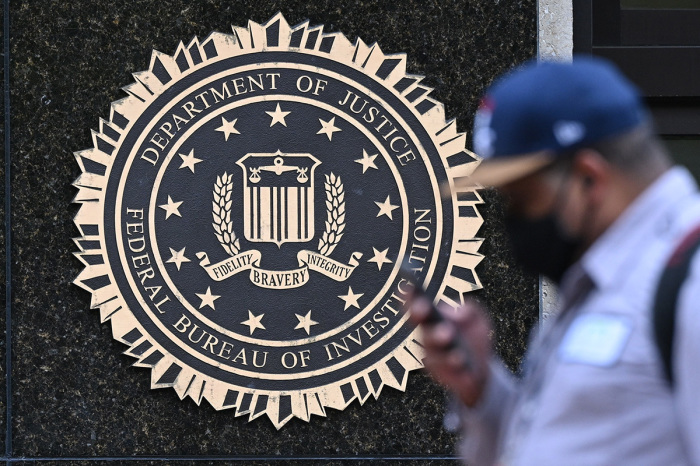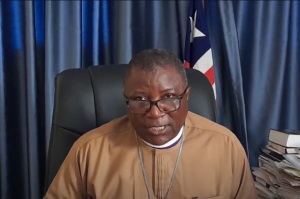5 findings of the Durham Report: No criminal misconduct, 'confirmation bias'

1. The FBI failed to maintain ‘strict fidelity to the law’
The Durham Report concluded that the U.S. Department of Justice and the FBI “failed to uphold their important mission of strict fidelity to the law in connection with certain events and activities described in this report.” It cited former FBI Attorney Kevin Clinesmith’s commission of a “criminal offense by fabricating language in an email that was material to the FBI obtaining a [Foreign Intelligence Surveillance Act] surveillance order” for the Trump campaign as an example of the FBI failing to live up to its standards.
“In other instances, FBI personnel working on that same FISA application displayed, at best, a cavalier attitude toward accuracy and completeness,” the report added. “FBI personnel also repeatedly disregarded important requirements when they continued to seek renewals of that FISA surveillance while acknowledging — both then and in hindsight — that they did not genuinely believe there was probable cause to believe that the target was knowingly engaged in clandestine intelligence on behalf of a foreign power.”
Additionally, the document maintained that “the FBI opened and investigated Crossfire Hurricane during the presidential election season based on raw, unanalyzed, and uncorroborated intelligence.” According to the report, “Senior FBI personnel displayed a serious lack of analytical rigor towards the information that they received, especially information received from politically affiliated persons and entities.”
It attributed the “lack of analytical rigor,” which included the acceptance of “significant reliance on investigative leads provided or funded (directly or indirectly) by Trump’s political opponents” to “apparent confirmation bias.” The document defined “confirmation bias” as “the general proposition that there is a common human tendency – mostly unintentional – for people to accept information and evidence that is consistent with what they believe to be true, while ignoring or rejecting information that challenges those beliefs.”
Ryan Foley is a reporter for The Christian Post. He can be reached at: ryan.foley@christianpost.com





























